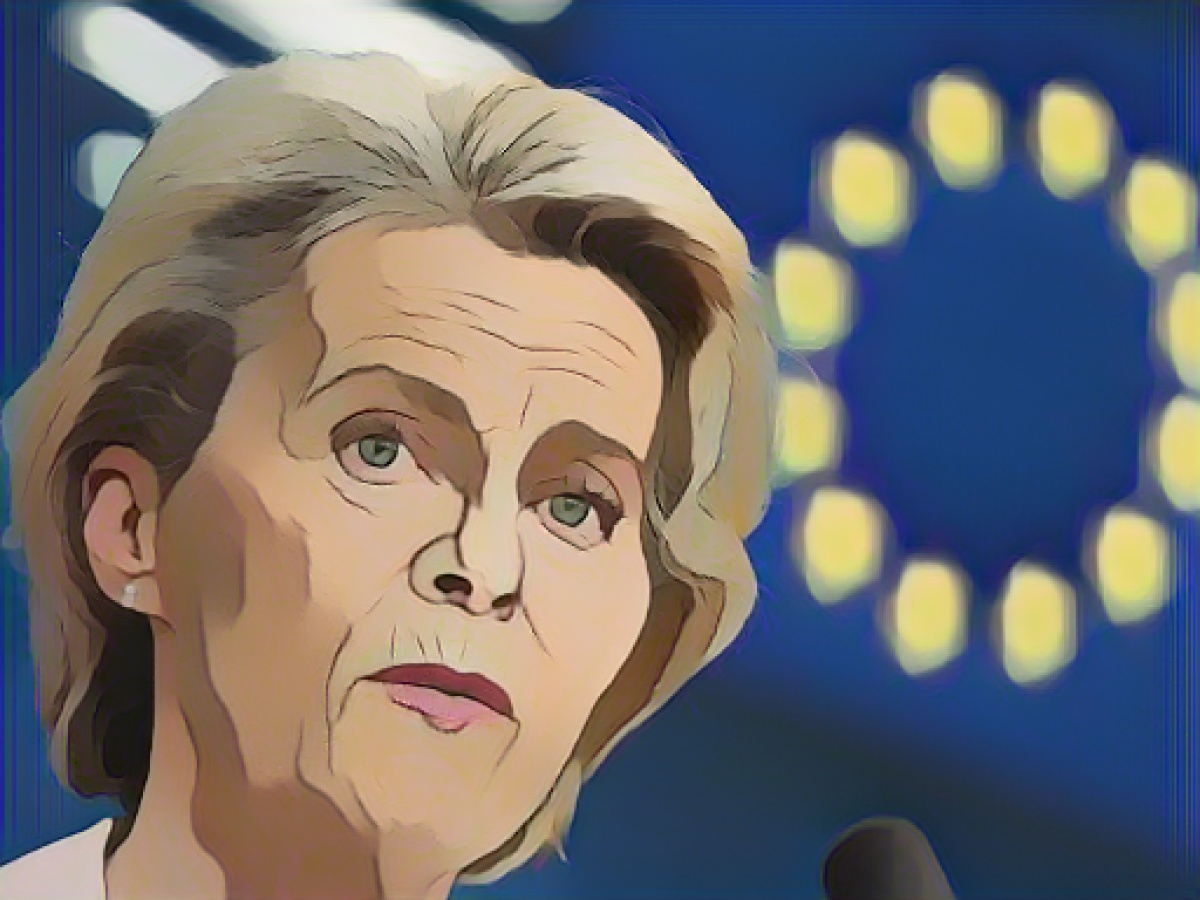Ursula von der Leyen Journeys to Ukraine Amidst Progression Towards EU Membership
Following her frequent visits since the Russian attack nearly two years ago, EU Commission President Ursula von der Leyen touched down in Ukraine this time around. With a focus on discussing Ukraine's progress towards EU membership, she planned on conversing with President Volodymyr Zelensky. Due to security concerns, her visit went unannounced earlier.
Upon arrival, President Zelensky greeted von der Leyen and honored railroad workers by awarding them medals at the train station. von der Leyen acknowledged her time back in Kyiv and emphasized the importance of presenting Ukraine's EU accession progress reports to Brussels' leaders, determining if contract negotiations should begin with Kiev's government.
Her intent to reassure Ukraine was evident as she expressed her unwavering commitment to supporting the country during high-stress encounters with Russia. In addition, the European Union's financial assistance for Ukraine's rebranding as a modern and prosperous democracy was on the table for discussion.
von der Leyen's upcoming presentation of these reform progress reports in Brussels, anticipated for November 11th, will largely influence the EU leaders' decision to initiate accession negotiations with Kiev in December.
Security precautions notwithstanding, the Ukraine-bound trip marked an increased level of tension for the EU Commission President due to the ongoing war-torn atmosphere of the country.
Last summer, Ukraine officially gained accession candidate status within the EU. Yet, unification amongst the 27 EU member states is still necessary before initiating negotiations. Seven conditions, such as selecting constitutional judges, combating corruption, and adhering to anti-money laundering norms, should be fulfilled to apply for accession negotiations.
As of current reports, Ukraine has fully addressed several conditions, but it remains uncertain if all qualify for full fulfillment. Consequently, the EU Commission could recommend holding accession negotiations while securing the initial negotiation date only after fulfilling all reform requirements.
Invariably, some member states prefer performance-based advances in the EU accession process. Compliance with required reforms is the prerequisite for negotiations, as deemed essential by these EU states to protect the optimism and fuel in the Western Balkan's aspirants to join the EU, including the eagerness to counter Russian aggressions.
On the other hand, specific Central and Eastern European countries advocate for the communal geopolitical investment, believing that the promise of EU admission motivates these regions to put up resistance against Russian aggressions.
The EU upholds that internal reforms should be completed before allowing larger nations, such as Ukraine, to join the Union. Consequently, decision-making procedures requiring unanimity might require significant modifications within some EU nations. Moreover, implementing changes to EU agricultural subsidies for Ukraine's agricultural sector might be necessary. Experts suggest that up to €186 billion in EU funding could flow into Ukraine over seven budgetary periods if reforms are not undertaken.
Ukraine's progression towards EU membership has its fair share of challenges yet remains ambitious. In reality, Ukraine aims to formulate agreements with more than six EU negotiation clusters by 2025, with Poland and Denmark scheduled to open three clusters each during their respective EU presidencies. According to Commissioner for Enlargement Oliver Varhelyi, Ukraine could potentially join the EU by 2029 if the country successfully implements required reforms.








